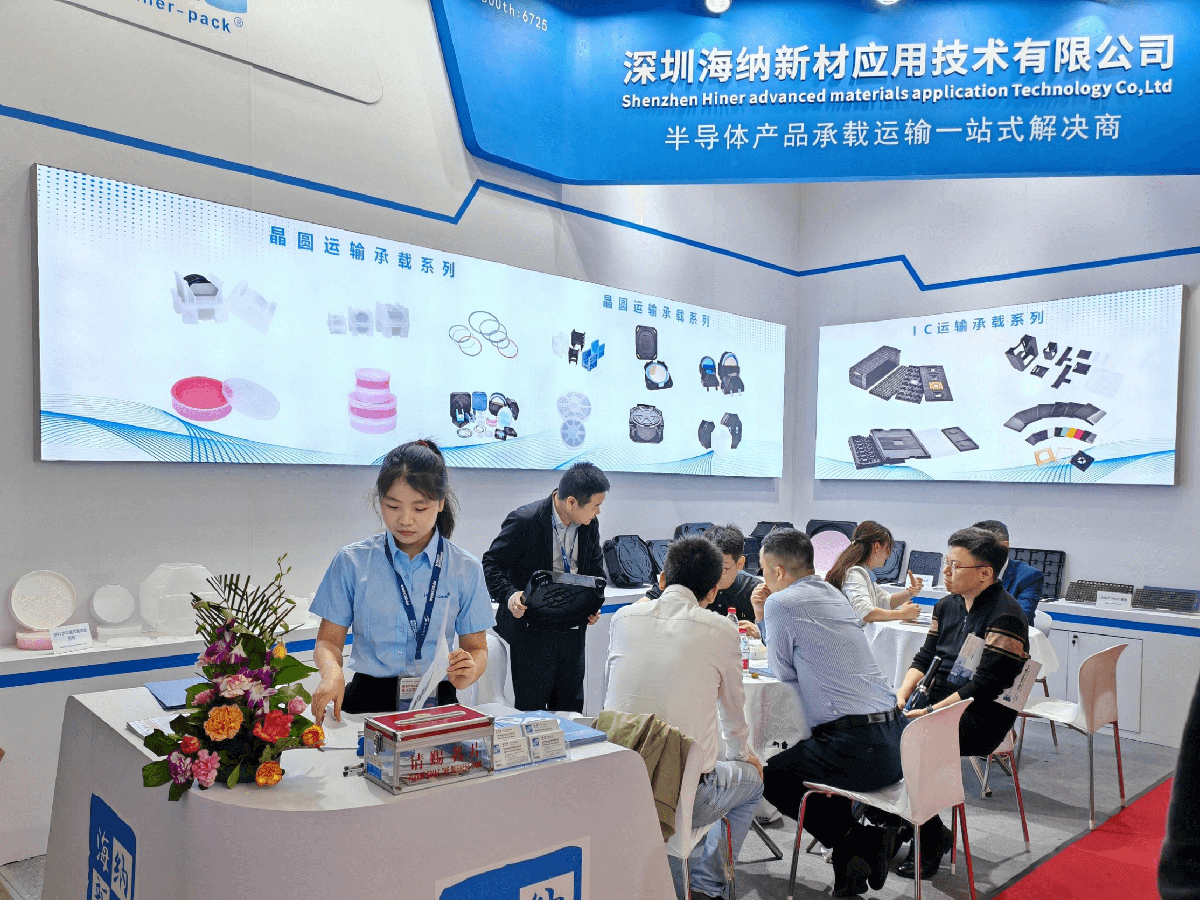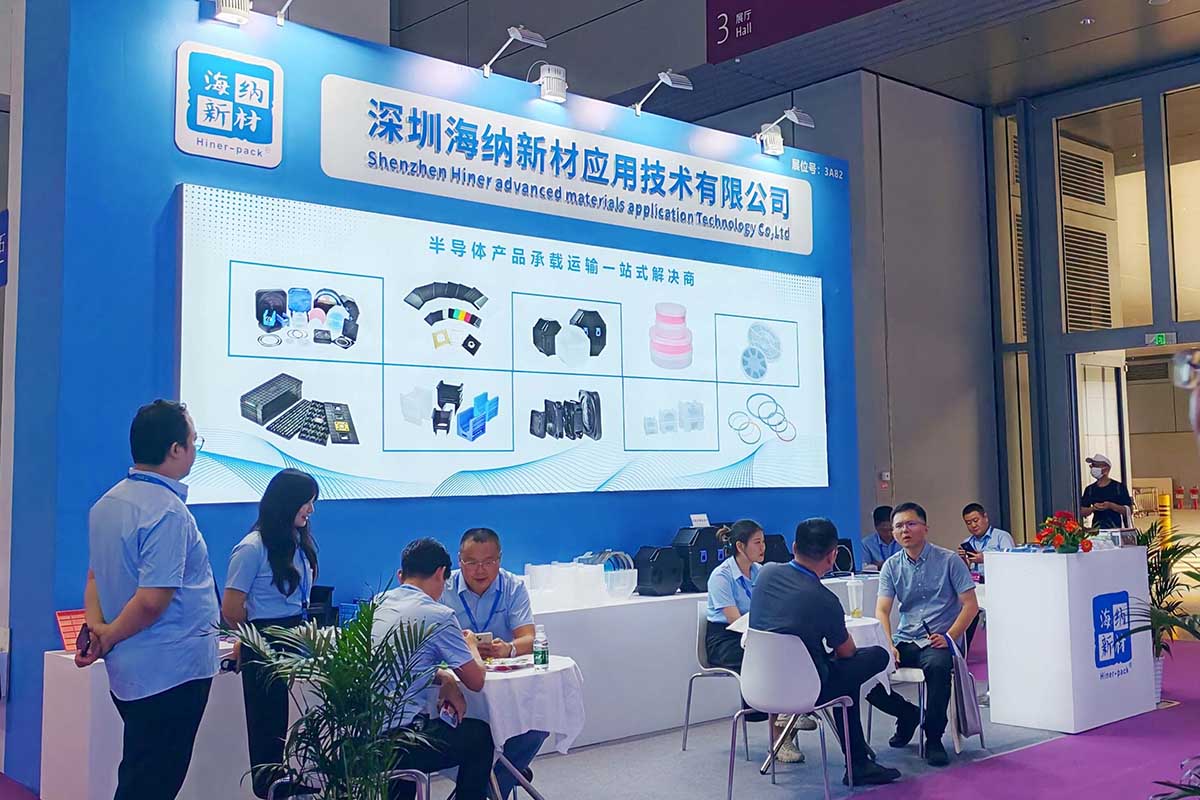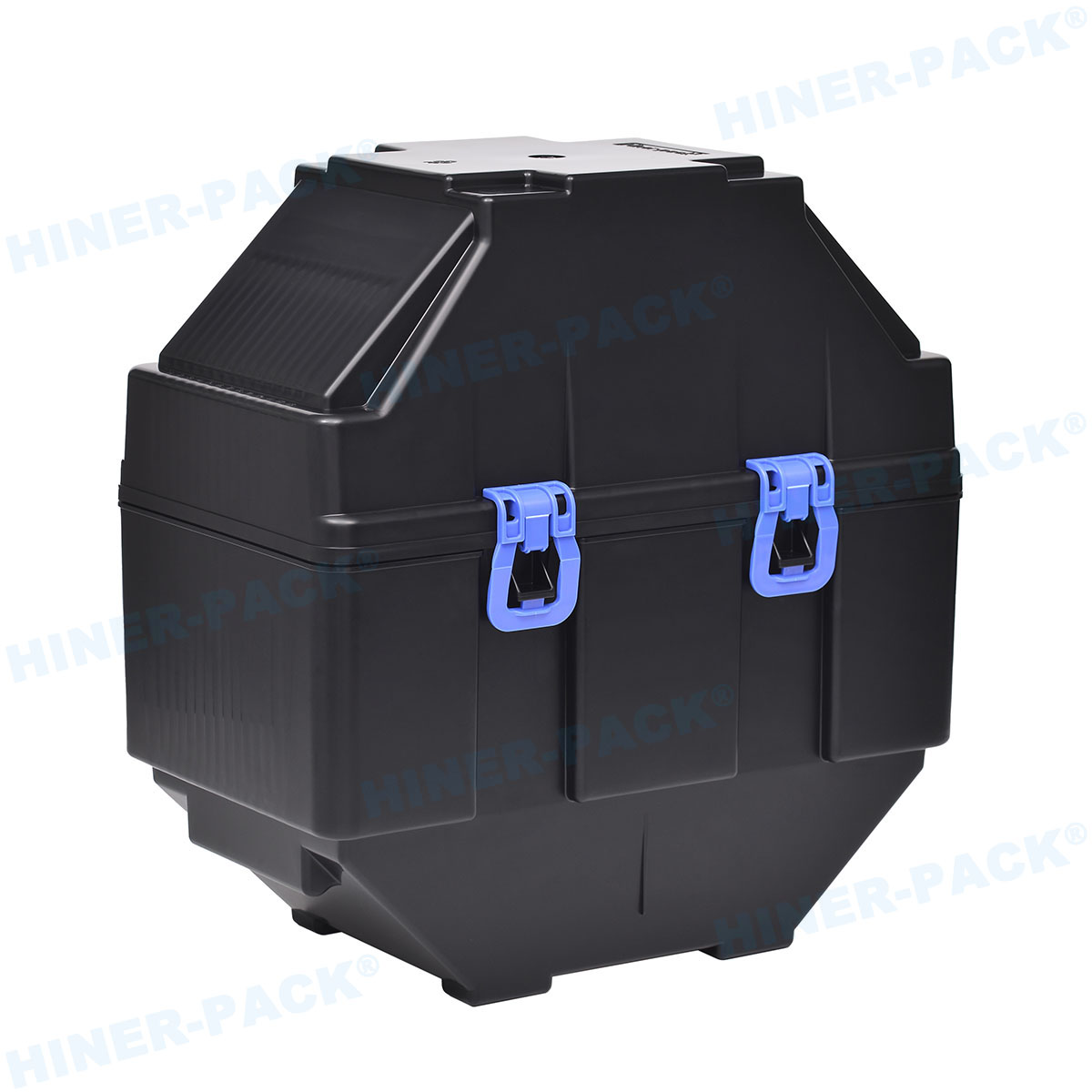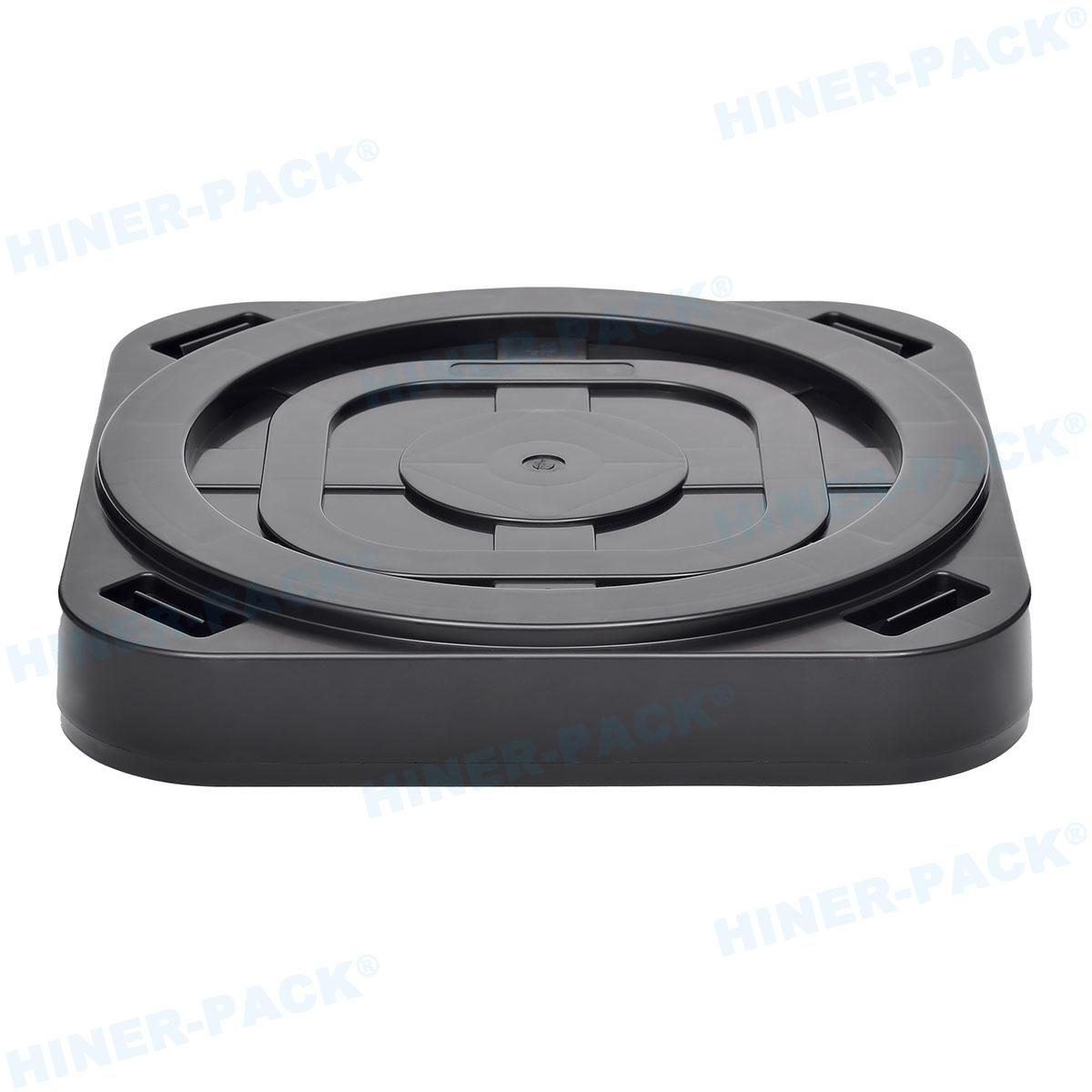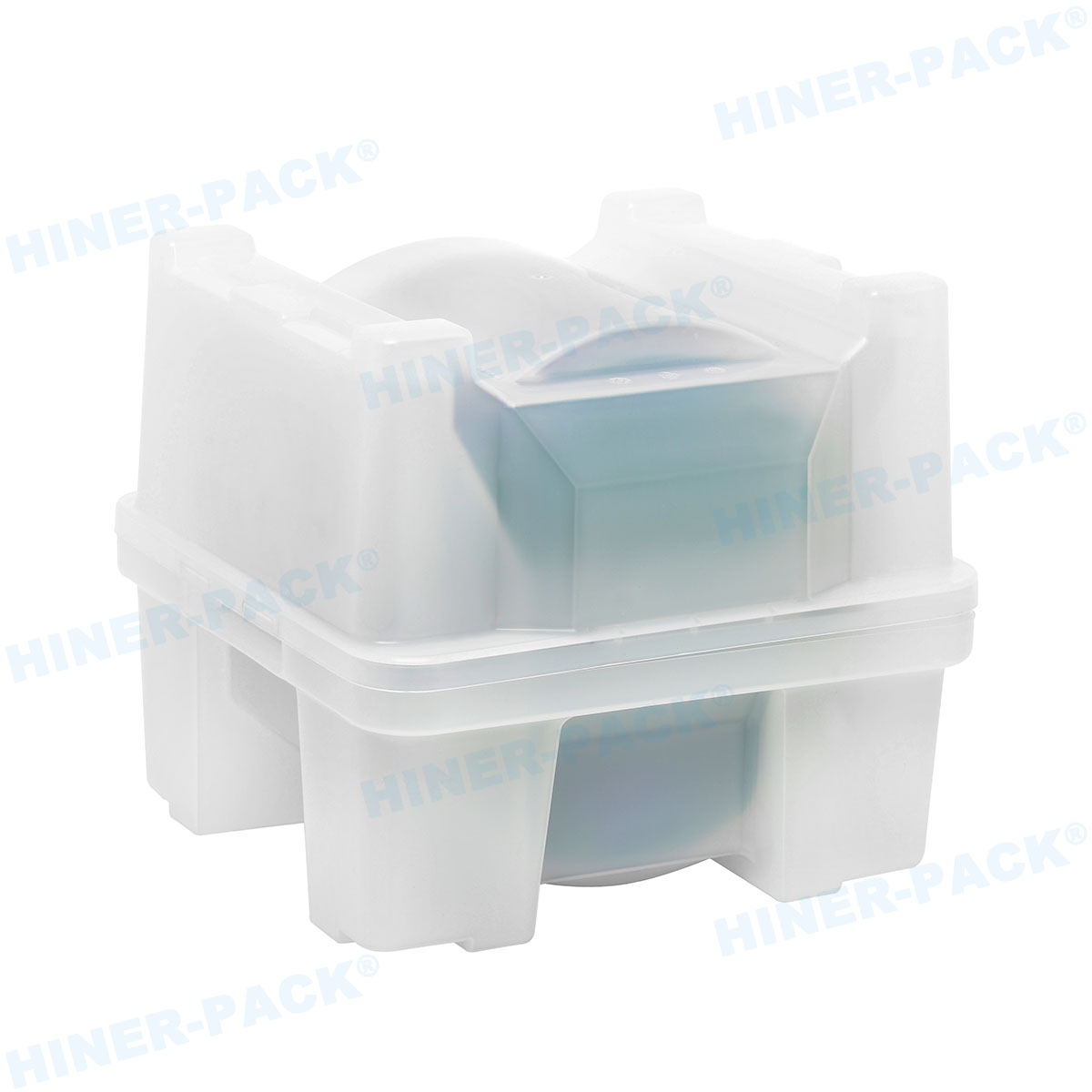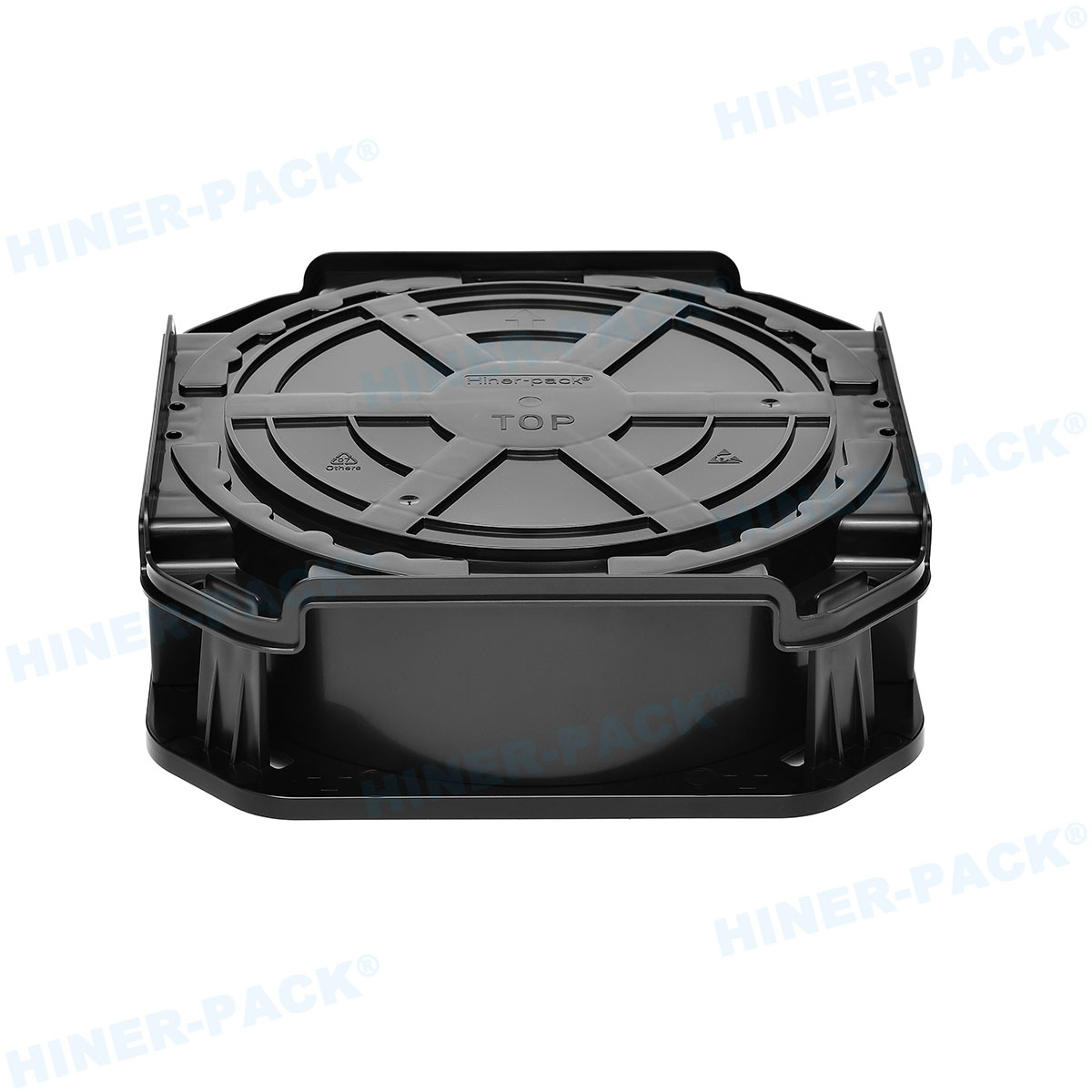In the rapidly evolving semiconductor industry, the efficient handling and protection of silicon wafers are paramount to maintaining yield and minimizing contamination. Among the critical components in this process is the cassette FOUP (Front Opening Unified Pod), a specialized container designed to safeguard wafers during transport and storage. As wafer sizes shrink and process nodes advance, the demand for reliable cassette FOUP solutions has surged, driving innovations in customization, regional manufacturing hubs like China, and global supply chains. This article delves into the technical and procedural aspects of cassette FOUP, exploring its role in semiconductor fabrication. We will cover key areas such as custom cassette FOUP designs, the growing influence of China cassette FOUP production, options for cassette FOUP for sale, and the standards upheld by leading cassette FOUP manufacturers. By examining these facets, we aim to provide a comprehensive understanding of how cassette FOUP technology supports the semiconductor ecosystem, ensuring high performance and durability in cleanroom environments.
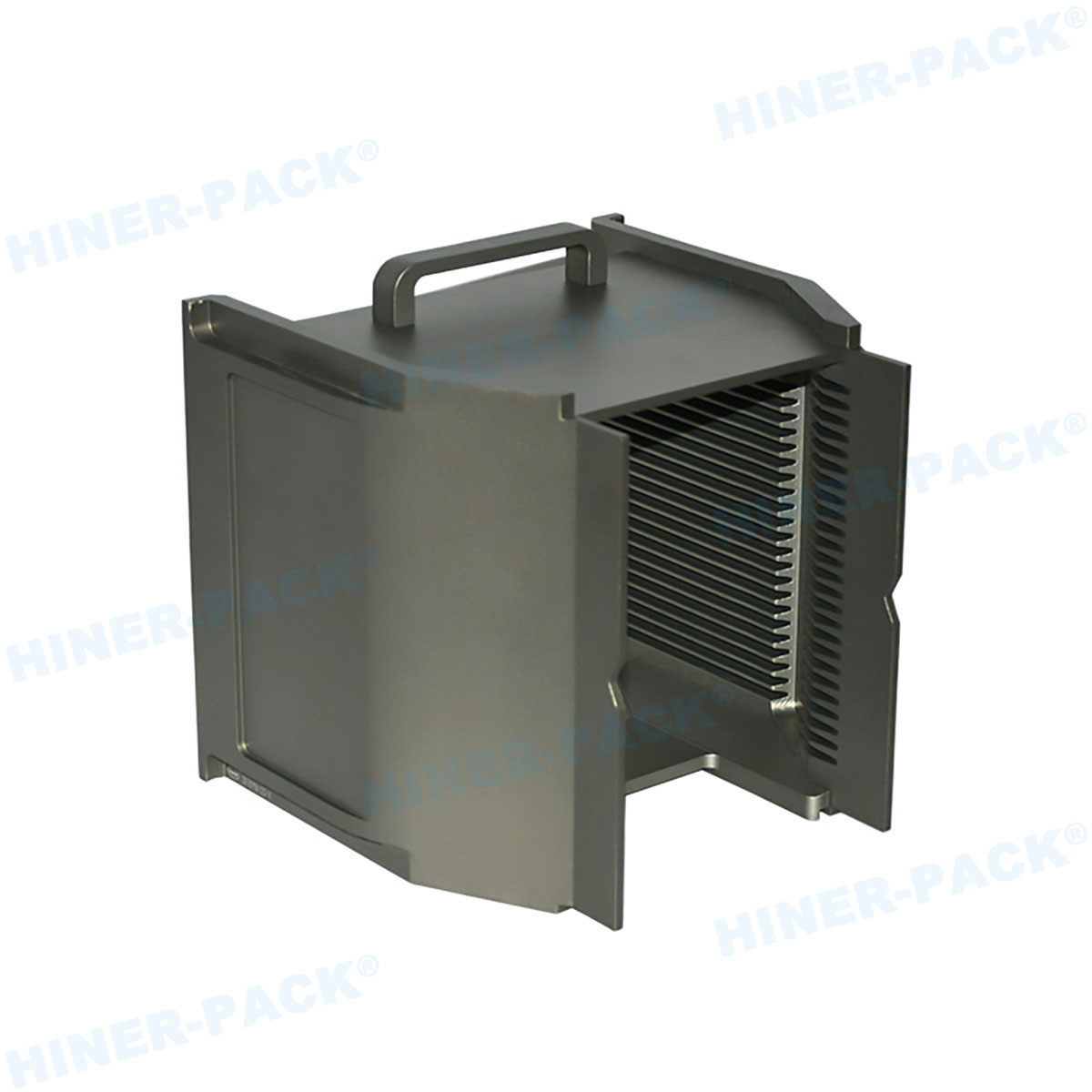
What Is a Cassette FOUP and Its Role in Semiconductor Manufacturing?
A cassette FOUP is a sealed container used in semiconductor facilities to house and transport silicon wafers, typically ranging from 200mm to 300mm in diameter. It features a front-opening mechanism that allows for automated handling by robotics, minimizing human intervention and reducing particulate contamination. The cassette FOUP is engineered from materials like polycarbonate or advanced polymers that offer low outgassing and static dissipation, critical for maintaining wafer integrity in high-purity environments. In semiconductor manufacturing, the cassette FOUP serves as a protective barrier against environmental factors such as moisture, dust, and chemical exposure, which can compromise wafer quality. Its design includes precision slots to hold wafers securely, preventing movement-induced defects during logistics. As fabs transition to more complex nodes, the cassette FOUP has evolved to incorporate features like RFID tracking and thermal management, underscoring its importance in achieving high yields. This foundational understanding sets the stage for discussing specialized variants, including custom cassette FOUP and region-specific productions like China cassette FOUP, which cater to diverse industrial needs.
The Evolution of Custom Cassette FOUP for Specialized Applications
Custom cassette FOUP solutions have gained traction as semiconductor manufacturers seek tailored designs to address unique process requirements. Unlike standard models, a custom cassette FOUP is developed through collaborative engineering between fabs and cassette FOUP manufacturers, focusing on parameters such as dimensional tolerances, material compatibility, and integration with existing automation systems. For instance, in advanced packaging or MEMS fabrication, a custom cassette FOUP might include additional shielding for electrostatic discharge (ESD) protection or modified port configurations for gas purging. The manufacturing process involves computer-aided design (CAD) simulations and rapid prototyping to validate performance under real-world conditions, ensuring that the custom cassette FOUP meets stringent industry standards like SEMI E15.1. Moreover, the rise of IoT and AI-driven fabs has spurred demand for smart custom cassette FOUP units embedded with sensors for real-time monitoring of internal conditions. This customization not only enhances operational efficiency but also extends the lifespan of wafers, reducing overall cost of ownership. As global supply chains expand, options for cassette FOUP for sale often include these bespoke solutions, highlighting the versatility of modern cassette FOUP technology.
China Cassette FOUP: A Growing Force in the Global Supply Chain
The China cassette FOUP market has emerged as a significant player in the semiconductor industry, driven by the country's aggressive investments in domestic chip production and manufacturing infrastructure. China cassette FOUP producers leverage cost-effective labor and scalable production facilities to offer competitive pricing without compromising quality. Many cassette FOUP manufacturers in China adhere to international certifications such as ISO 14644 for cleanroom compliance, ensuring that their products meet global benchmarks for contamination control. This regional focus has led to innovations in materials science, with some China cassette FOUP units incorporating locally developed polymers that enhance durability and thermal stability. However, sourcing a China cassette FOUP requires careful evaluation of supply chain logistics and intellectual property protections, as geopolitical factors can impact delivery timelines. Despite these challenges, the availability of cassette FOUP for sale from Chinese suppliers has democratized access for smaller fabs and research institutions, fostering innovation in emerging markets. As the demand for semiconductors grows, the China cassette FOUP segment is poised to expand, potentially influencing global standards and pricing dynamics.
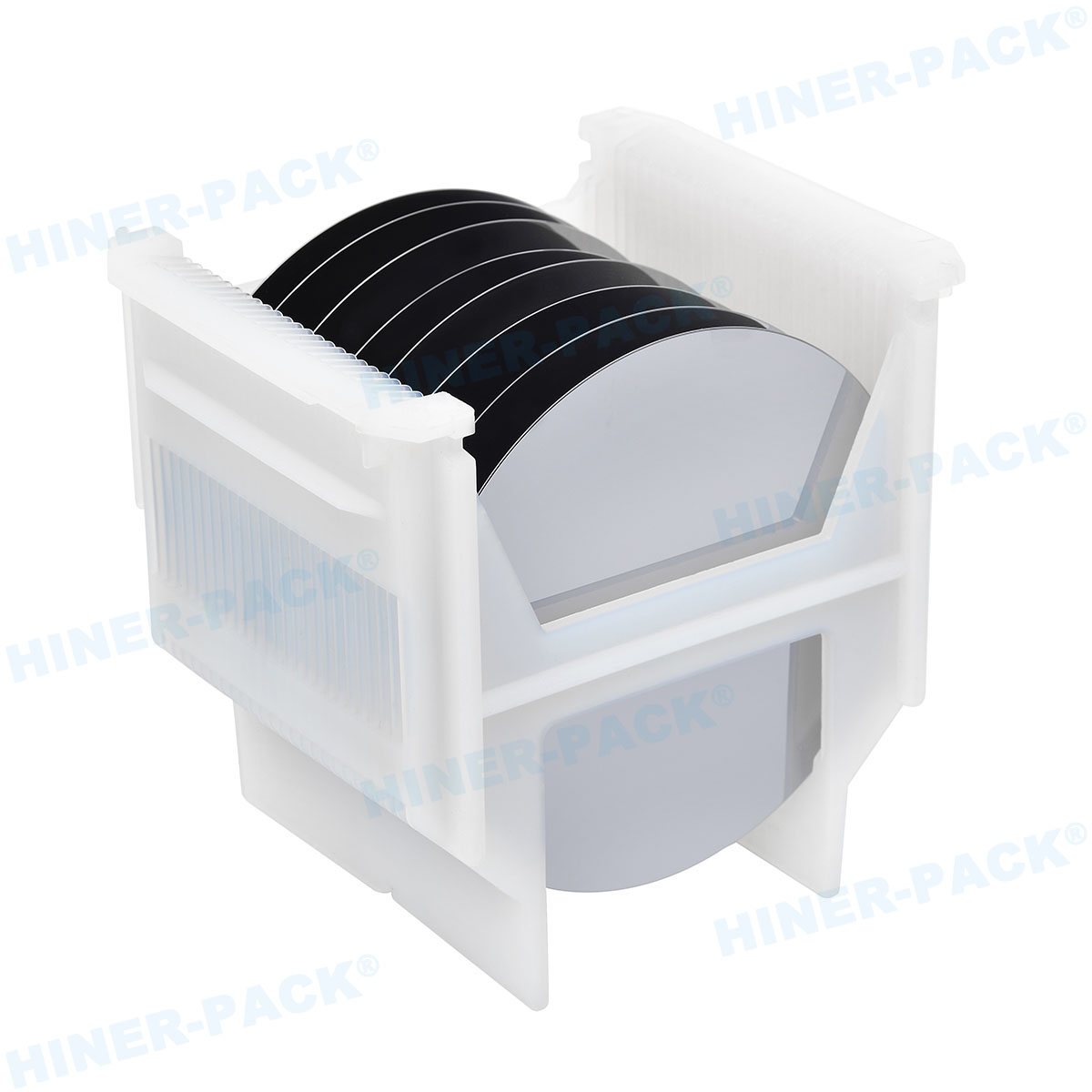
Key Considerations When Sourcing Cassette FOUP for Sale
When evaluating options for cassette FOUP for sale, semiconductor companies must assess multiple factors to ensure optimal performance and cost-efficiency. First, the material composition of the cassette FOUP is critical; it should exhibit low particulate generation and chemical resistance to withstand harsh fab environments. Buyers should also verify compatibility with their existing handling equipment, such as load ports and robotics, to avoid integration issues. Additionally, the cassette FOUP for sale market includes both new and refurbished units, with the latter offering cost savings but potentially higher risks of contamination if not properly reconditioned. It is advisable to partner with reputable cassette FOUP manufacturers who provide documentation on quality assurance, including test reports for leak rates and static decay. For those seeking a custom cassette FOUP, lead times and prototyping capabilities are key considerations, as delays can disrupt production schedules. Furthermore, with the rise of e-commerce platforms, purchasing cassette FOUP for sale has become more accessible, but buyers should prioritize suppliers with robust customer support and after-sales services. This due diligence helps mitigate risks and ensures that the cassette FOUP integrates seamlessly into semiconductor operations.
The Manufacturing Process: How Cassette FOUP Manufacturers Ensure Quality
Cassette FOUP manufacturers employ rigorous processes to produce high-quality containers that meet the exacting standards of the semiconductor industry. The production begins with material selection, where polymers like PEEK or polycarbonate are chosen for their low outgassing and ESD properties. Injection molding is a common technique used by cassette FOUP manufacturers to form the main body, followed by precision machining to create wafer slots and interface features. Quality control steps include vision inspection for dimensional accuracy and cleanroom assembly to prevent contamination. Many cassette FOUP manufacturers also conduct environmental testing, such as thermal cycling and humidity exposure, to simulate fab conditions. In regions like China, cassette FOUP manufacturers often integrate automation to enhance consistency and reduce human error. For a custom cassette FOUP, the process may involve additional steps like 3D printing for prototypes and collaborative design reviews with clients. By adhering to standards such as SEMI E47.1, cassette FOUP manufacturers ensure that each unit delivers reliable performance, supporting the broader goal of yield maximization in semiconductor fabrication.
Future Trends in Cassette FOUP Technology and Industry Outlook
The future of cassette FOUP technology is shaped by trends such as miniaturization, sustainability, and digitalization. As semiconductor nodes advance to 3nm and beyond, cassette FOUP designs are evolving to accommodate thinner wafers and higher densities, with innovations in lightweight materials and compact form factors. Environmental considerations are driving cassette FOUP manufacturers to develop recyclable polymers and energy-efficient production methods, aligning with global sustainability goals. Moreover, the integration of Industry 4.0 technologies is transforming the cassette FOUP into a smart device; for example, embedded sensors can monitor wafer health and predict maintenance needs, reducing downtime. The China cassette FOUP sector is likely to invest in R&D to capture a larger share of the high-end market, while global cassette FOUP for sale platforms will enhance transparency through blockchain-based tracking. Looking ahead, collaborations between cassette FOUP manufacturers and fab operators will focus on holistic solutions that address entire wafer lifecycles, ensuring that cassette FOUP remains a cornerstone of semiconductor innovation.
In summary, the cassette FOUP is an indispensable component in semiconductor wafer handling, with its technology continuously advancing to meet industry demands. From custom cassette FOUP designs that cater to specialized applications to the expanding influence of China cassette FOUP production, this field offers diverse opportunities for optimization. When sourcing cassette FOUP for sale, careful consideration of manufacturer credentials and technical specifications is essential. As cassette FOUP manufacturers push the boundaries of material science and automation, the future promises even greater efficiency and reliability. By staying informed on these developments, semiconductor professionals can leverage cassette FOUP solutions to enhance their operational outcomes and drive progress in the global tech landscape.
Frequently Asked Questions (FAQs)
Q1: What is the primary function of a cassette FOUP in semiconductor manufacturing?
A1: The cassette FOUP serves as a protective container for silicon wafers, shielding them from contamination, moisture, and physical damage during transport and storage in cleanroom environments. Its front-opening design allows for automated handling, which minimizes human contact and maintains wafer integrity throughout the fabrication process.
Q2: How does a custom cassette FOUP differ from a standard one?
A2: A custom cassette FOUP is tailored to specific operational needs, such as unique wafer sizes, enhanced ESD protection, or integration with specialized equipment. It involves collaborative design with cassette FOUP manufacturers to address particular challenges, whereas standard models follow generic specifications and are mass-produced for broad applications.
Q3: What are the advantages of sourcing a China cassette FOUP?
A3: Sourcing a China cassette FOUP often offers cost benefits due to competitive pricing and scalable production capabilities. Many Chinese cassette FOUP manufacturers adhere to international quality standards, providing reliable products that support global supply chains. However, buyers should assess logistics and regulatory compliance to ensure smooth procurement.
Q4: What factors should I consider when looking for cassette FOUP for sale?
A4: Key factors include material quality (e.g., low outgassing and static control), compatibility with existing systems, supplier reputation, certification compliance, and after-sales support. For custom cassette FOUP options, evaluate prototyping lead times and technical collaboration opportunities to meet specific requirements.
Q5: How do cassette FOUP manufacturers ensure product quality and reliability?
A5: Cassette FOUP manufacturers implement strict quality control measures, such as precision molding, cleanroom assembly, and environmental testing (e.g., for thermal and mechanical stress). They often follow industry standards like SEMI guidelines and conduct regular audits to maintain consistency, ensuring that each cassette FOUP performs reliably in demanding semiconductor environments.



